Home>Articles>How To Pick A New Water Heater And Save Money On The Replacement
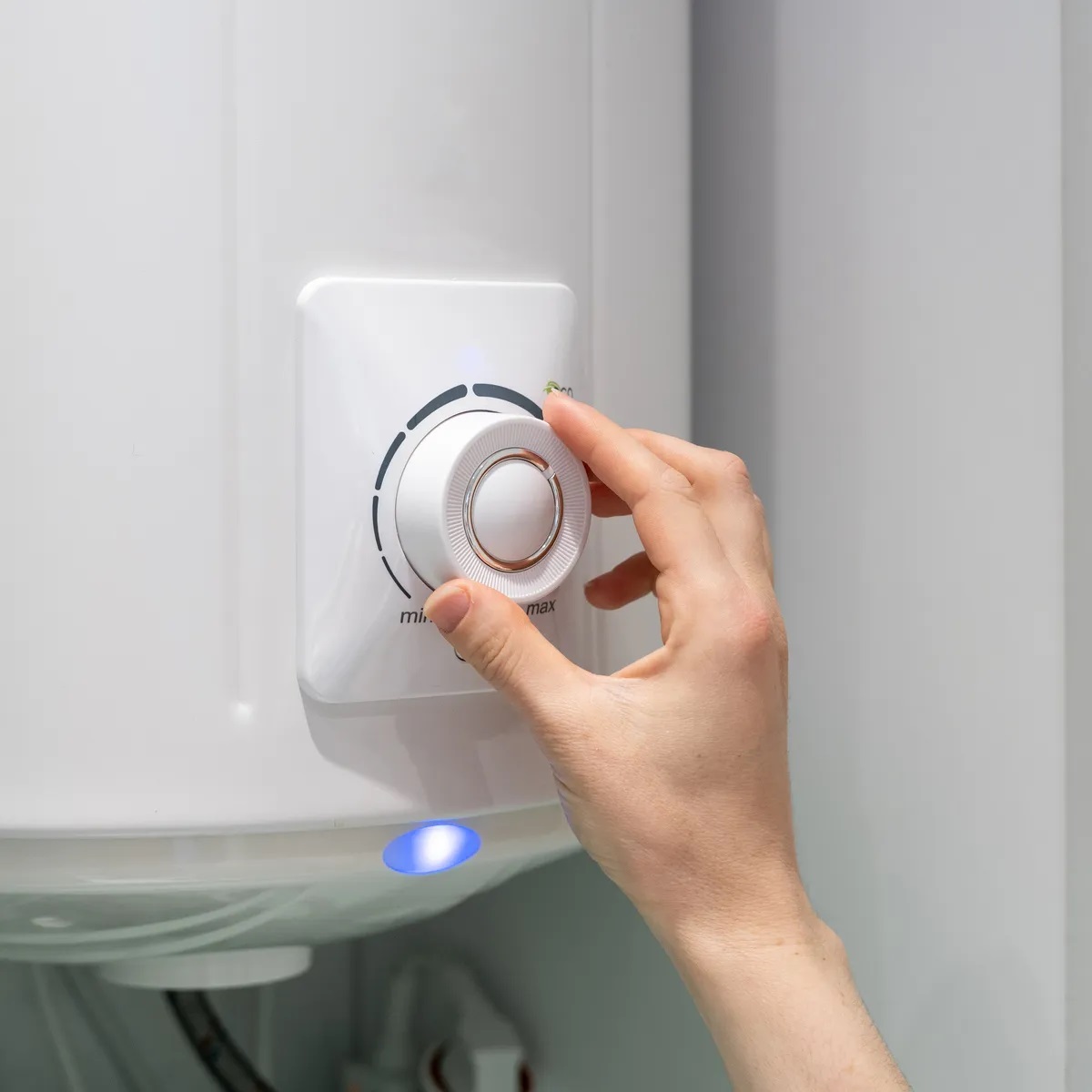

Articles
How To Pick A New Water Heater And Save Money On The Replacement
Modified: January 8, 2024
Learn how to choose a new water heater and save money on the replacement with our informative articles. Discover expert tips and advice for a cost-effective and efficient upgrade.
(Many of the links in this article redirect to a specific reviewed product. Your purchase of these products through affiliate links helps to generate commission for Storables.com, at no extra cost. Learn more)
Introduction
Choosing a new water heater can be a daunting task, especially when there are so many options available in the market. Not only do you want to find a water heater that meets your hot water needs, but you also want to save money on the replacement process.
In this comprehensive guide, we will take you through the step-by-step process of picking a new water heater and help you find ways to save money along the way. Whether you are replacing an old water heater or looking to upgrade to a more energy-efficient model, this article will provide you with the information you need to make an informed decision.
By assessing your current water heater, determining your hot water needs, considering alternative water heater options, researching energy-efficient models, calculating the total costs, looking for available rebates and incentives, consulting with a professional plumber, and making the final decision, you can confidently choose a new water heater that is both cost-effective and meets your requirements.
So let’s dive in and explore each step in detail, empowering you to make a smart choice for your home and your budget.
Key Takeaways:
- Assess your current water heater’s age, condition, type, size, fuel type, and energy efficiency rating to lay a solid foundation for selecting a suitable replacement. Understanding your hot water needs is essential for choosing the right capacity.
- Research energy-efficient models, calculate total costs, and look for available rebates and incentives to maximize savings. Consulting with a professional plumber and making an informed decision based on long-term benefits ensures satisfaction with your new water heater.
Read more: How To Save Money On Thermostat
Step 1: Assess your current water heater
Before you start looking for a new water heater, it’s important to assess the current state of your existing one. This will help you determine whether it’s time for a replacement and what features to consider in a new model. Here are the key factors to evaluate:
Age and condition of your current water heater
The first thing to consider is the age of your current water heater. Most conventional tank water heaters have a lifespan of around 8 to 12 years. If your water heater is approaching or has exceeded this age range, it may be more cost-effective to replace it rather than continuing to repair it.
Additionally, assess the overall condition of your current water heater. Look for signs of rust, corrosion, leaks, or any other visible damage. If you notice any of these issues, it’s a clear indication that your water heater is nearing the end of its lifespan and needs to be replaced.
Type and size of your current water heater
Another important factor to consider is the type and size of your current water heater. There are two main types of water heaters: tank and tankless.
Tank water heaters store a large volume of hot water, ready to use at any time. They are available in various sizes, typically ranging from 30 to 80 gallons. On the other hand, tankless water heaters heat the water as it flows through the unit, eliminating the need for a storage tank.
Take note of the size of your current water heater and assess whether it meets your household’s hot water needs. If you frequently run out of hot water or if your water heater is oversized for your needs, it may be time to consider a different size or type.
Fuel type and energy efficiency rating
Determine the fuel type of your current water heater. The most common fuel sources are electricity, natural gas, propane, and solar power. Each fuel type has its own advantages and drawbacks in terms of cost, availability, and environmental impact. Consider whether you want to stick with the same fuel type or switch to a different one in your new water heater.
Furthermore, evaluate the energy efficiency rating of your current water heater. This information can usually be found on the unit’s EnergyGuide label. Energy-efficient models can help reduce your energy consumption and lower your utility bills. If your current water heater has a low energy efficiency rating, it’s worth considering an upgrade to a more efficient model.
By thoroughly assessing your current water heater, including its age, condition, type, size, fuel type, and energy efficiency rating, you’ll have a solid foundation for selecting a new water heater that addresses any shortcomings and better suits your needs.
Read more: How To Save Money On A Renovation
Step 2: Determine your hot water needs
Understanding your household’s hot water usage patterns is essential to choosing a water heater that can meet your demands efficiently. Here are two key considerations to help you determine your hot water needs:
Analyzing your household’s hot water usage
Start by analyzing your household’s typical hot water usage. Consider how many people live in your home, their bathing habits, and the appliances that rely on hot water, such as washing machines and dishwashers. Understanding your daily routines and activities that require hot water will give you insights into the amount of hot water your household consumes on a regular basis.
For example, if you have a large family with multiple people taking showers consecutively, you may require a water heater with a higher hot water recovery rate to meet the demand. On the other hand, if you have a smaller household with minimal hot water usage, you may not need a water heater with a large capacity.
Estimating your required hot water capacity
Once you have a sense of your hot water usage, you can estimate the required hot water capacity for your new water heater. This capacity is typically measured in gallons and represents the amount of hot water the unit can provide in a specified period, such as within an hour.
A commonly used rule of thumb is to multiply the number of people in your household by 12 gallons to estimate your required hot water capacity. For instance, if you have four people in your home, you would aim for a water heater with a minimum capacity of 48 gallons.
However, keep in mind that this is just a general guideline, and your specific hot water needs may vary based on your usage patterns. Factors such as simultaneous hot water usage and the frequency of high-demand activities, like running multiple showers at once, may require a higher hot water capacity.
By analyzing your household’s hot water usage and estimating your required hot water capacity, you’ll have a better idea of the size and capability your new water heater should have. This will ensure that you choose a water heater that can provide enough hot water to meet your needs without unnecessary oversizing.
Step 3: Consider alternative water heater options
When it comes to selecting a new water heater, it’s worth considering alternative options that can offer unique benefits and potentially save you money in the long run. Here are three popular alternative water heater options to consider:
Tankless water heaters
Tankless water heaters, also known as on-demand water heaters, are gaining popularity due to their energy efficiency and space-saving design. Unlike traditional tank water heaters that store and continuously heat a large volume of water, tankless water heaters heat the water instantly as it flows through the unit.
One of the main advantages of tankless water heaters is that they provide hot water on demand, eliminating the need for a storage tank. This means that you won’t run out of hot water, and you’ll save energy by not continuously heating a large amount of water.
Tankless water heaters are available in both electric and gas models, offering a range of options to suit your preferences. However, it’s important to note that while tankless water heaters are more energy-efficient, they may have a higher upfront cost compared to traditional tank water heaters.
Heat pump water heaters
Heat pump water heaters utilize a different mechanism to heat the water. Instead of generating heat directly, they transfer heat from the air or ground to heat the water. This makes them highly energy-efficient, as they use significantly less electricity compared to electric resistance water heaters.
Heat pump water heaters work best in warm or moderate climates, where there is a readily available source of warm air or ground temperatures. They can help reduce your energy consumption and lower your utility bills, making them an attractive option for long-term savings.
It’s important to note that heat pump water heaters require adequate space for proper air circulation and may produce some noise during operation. Additionally, their initial cost may be higher than traditional water heaters. However, the energy savings over time can offset the upfront expense.
Solar water heaters
Solar water heaters utilize the power of the sun to heat the water, making them one of the most environmentally friendly options available. They typically consist of solar collectors that absorb sunlight and transfer the heat to a storage tank.
While solar water heaters require an upfront investment in the solar collectors and storage tank, they can provide significant energy savings in the long run. By harnessing renewable solar energy, you can reduce your reliance on traditional energy sources and lower your utility bills.
It’s important to consider factors such as the amount of sunlight your location receives and the orientation of your home when considering a solar water heater. Additionally, it’s worth noting that solar water heaters may require a backup system, such as a traditional water heater, for days with low sunlight or high hot water demand.
By considering alternative water heater options, such as tankless water heaters, heat pump water heaters, and solar water heaters, you can explore energy-efficient alternatives that align with your needs and potentially save you money on your energy bills in the long term.
Step 4: Research energy-efficient models
When choosing a new water heater, it’s essential to prioritize energy efficiency to minimize energy consumption and reduce your utility bills. Here are three key steps to research energy-efficient models:
Read more: How To Replace An Electric Water Heater
Understanding energy efficiency ratings
Energy efficiency ratings provide valuable information about how efficiently a water heater uses energy. The two primary energy efficiency ratings to look for are the Energy Factor (EF) for conventional water heaters and the Energy Efficiency Ratio (EER) or the Coefficient of Performance (COP) for alternative water heaters like heat pumps or solar models.
The higher the EF, EER, or COP rating, the more energy-efficient the water heater is. When comparing different models, pay attention to these ratings and opt for water heaters with higher efficiency scores to maximize energy savings.
Comparing different water heater models and brands
Research different water heater models and brands to find the most energy-efficient options that suit your needs. Consider factors such as the size, capacity, technological advancements, and overall performance of the models. Look for features like insulation quality, advanced heating elements, digital controls, and programmable settings that can further enhance energy efficiency.
Additionally, compare the energy efficiency ratings of different models within the same category. This will help you determine which models offer the best balance between energy efficiency and functionality. Look for products with reliable performance and positive customer feedback.
Reading customer reviews and recommendations
Customer reviews and recommendations provide real-world insights into the performance and reliability of water heater models. Reading reviews can give you an idea of the potential pros and cons of each model, helping you make an informed decision.
Pay attention to reviews that specifically mention energy efficiency and reliability. Look for patterns in reviews that highlight issues or positive experiences related to energy savings, ease of use, durability, and long-term performance. This feedback can help you assess the overall satisfaction level of customers and weigh it into your decision-making process.
Consider seeking recommendations from friends, family, or trusted professionals who have recently purchased or installed water heaters. Their honest feedback can provide valuable insights and help you narrow down your options.
By thoroughly researching energy-efficient models, understanding energy efficiency ratings, comparing different water heater models and brands, and reading customer reviews and recommendations, you can identify the most energy-efficient and reliable water heater options that align with your preferences and budget.
Step 5: Calculate the total costs
When considering a new water heater, it’s important to factor in the total costs associated with the purchase, installation, and potential energy savings. Here’s a breakdown of the key costs to consider:
Read more: How Much Is It To Replace A Water Heater
Purchase price of the water heater
Start by researching the prices of the water heater models you are considering. Compare prices across different brands and retailers to get an idea of the range. Keep in mind that higher-end models with advanced features and energy efficiency ratings may have a higher upfront cost.
Consider the long-term savings potential when evaluating the purchase price. While a more expensive water heater may require a larger initial investment, it could lead to significant energy savings over its lifespan, making it a more cost-effective choice in the long run.
Installation costs
In addition to the purchase price, you need to account for the installation costs. Unless you have the necessary skills and knowledge, it’s recommended to hire a professional plumber to ensure proper installation of your new water heater.
Obtain quotes from multiple plumbers to compare installation costs. Keep in mind that the complexity of the installation, the size of the unit, and any modifications required to accommodate the new water heater can impact the overall installation cost.
Potential energy savings and payback period
Consider the potential energy savings of the water heater models you are considering. Look for energy efficiency ratings and compare the estimated annual energy consumption of each option. Energy-efficient models can help reduce your utility bills over time by consuming less energy to heat water.
To calculate the potential energy savings, determine the difference in annual energy consumption between your current water heater (if known) and the models you are considering. Multiply this difference by the cost of energy per unit to estimate your potential annual savings.
Using the estimated annual savings, you can calculate the payback period—the time it takes for the energy savings to offset the higher cost of an energy-efficient water heater. Divide the upfront cost difference between the models by the estimated annual savings to determine the payback period.
By considering the purchase price, installation costs, potential energy savings, and payback period, you’ll be able to evaluate the total costs associated with different water heater options. This will help you make an informed decision based on both short-term affordability and long-term savings potential.
Step 6: Look for available rebates and incentives
When purchasing a new water heater, it’s worth exploring any available rebates and incentives that can help offset the cost and provide additional savings. Here are three types of rebates and incentives to look for:
Read more: How To Replace A Gas Water Heater
Local utility rebates
Many local utility companies offer rebates and incentives to encourage their customers to upgrade to more energy-efficient appliances, including water heaters. These rebates can vary depending on your location and the specific requirements set by your utility provider.
To find out about available utility rebates, visit your utility company’s website or reach out to their customer service department. They can provide information about any ongoing programs or incentives for installing energy-efficient water heaters. Take note of any application procedures, documentation requirements, and deadlines to ensure you can take advantage of these potential savings.
Federal tax credits
The U.S. government provides federal tax credits for certain energy-efficient home improvements, including qualified water heaters. These tax credits can help lower your overall tax liability and provide substantial savings on your purchase.
Check the Department of Energy’s website or consult with a tax professional to learn about any available federal tax credits for energy-efficient water heaters. Take note of any eligibility criteria, qualified models, and the specific tax credit amount. Be sure to keep all relevant documentation, such as receipts and energy efficiency certifications, to claim the tax credit when filing your taxes.
Manufacturer incentives
In addition to utility rebates and federal tax credits, some water heater manufacturers offer their incentives and incentives to promote their energy-efficient models. These incentives can range from cash-back offers to extended warranties or discounted installation services.
Visit the websites of the manufacturers you are considering or reach out to their customer service to inquire about any current promotions or incentives. They can provide details on any special offers or discounts available for their water heater models. Be sure to read the terms and conditions and take note of any expiration dates or eligibility requirements.
By looking for available rebates and incentives, such as local utility rebates, federal tax credits, and manufacturer incentives, you can maximize your savings when purchasing a new water heater. These additional benefits can significantly reduce the overall cost, making an energy-efficient water heater an even more attractive choice.
Step 7: Consult with a professional plumber
Before finalizing your decision on a new water heater, it’s highly advisable to consult with a professional plumber. Their expertise can help ensure that your chosen water heater is compatible with your plumbing system and that the installation is done properly. Here are two key aspects to consider when consulting with a plumber:
Read more: How To Save Money On Building A House
Seeking expert advice on installation and compatibility
A professional plumber has the knowledge and experience to assess your existing plumbing system and determine the compatibility of your chosen water heater. They can evaluate factors such as the water pressure, gas or electric connections, and venting requirements to ensure a seamless and efficient installation.
Consult with the plumber about the specifications and installation requirements of your preferred water heater. They can guide you on whether any modifications or upgrades are necessary to accommodate the new unit. They can also provide insights on the pros and cons of different models based on their practical experience in the field.
Furthermore, if you are considering alternative water heater options, such as tankless, heat pump, or solar, a plumber can help you understand the specific installation needs and potential challenges associated with these systems.
Requesting cost estimates and professional recommendations
Ask the plumber for cost estimates related to the installation of your new water heater. This will help you budget for the installation costs and understand any additional expenses that may arise during the process.
Additionally, seek professional recommendations from the plumber based on your hot water needs, the specific characteristics of your home, and your budget. They can provide valuable insights and suggest the most suitable water heater options that meet your requirements. They may have access to a wide range of models and brands, allowing you to explore choices you might not have considered initially.
Ensure you communicate your preferences and concerns to the plumber, so they can tailor their recommendations accordingly. They can help you weigh the pros and cons of different options and provide advice on cost-effective solutions that align with your goals.
By consulting with a professional plumber, you can benefit from their expertise, ensuring that your chosen water heater is compatible with your plumbing system and professionally installed. Their guidance and recommendations can help you make an informed decision and maximize the efficiency and longevity of your new water heater.
Step 8: Make the final decision and schedule installation
After thorough research and consultation, it’s time to make the final decision on your new water heater and schedule the installation. Here are two important factors to consider when making this decision:
Weighing the pros and cons of different options
Review all the information you have gathered throughout the previous steps and carefully weigh the pros and cons of each water heater option. Consider factors such as energy efficiency, cost-effectiveness, hot water capacity, and compatibility with your plumbing system.
Think about your hot water needs, lifestyle, and long-term goals. For example, if energy efficiency is a priority and you have a moderate budget, a tankless or heat pump water heater may be the best choice. On the other hand, if you have ample space and want to harness renewable energy, a solar water heater could be a suitable option.
Take into account the insights gained from professionals, customer reviews, and recommendations. Consider any potential drawbacks or challenges associated with each option. By carefully evaluating the pros and cons, you can make an informed decision that aligns with your specific needs and circumstances.
Read more: How To Replace Element In Water Heater
Considering long-term benefits and savings
Consider the long-term benefits and savings that each water heater option offers. Energy-efficient models may have a higher upfront cost but can lead to significant savings on your utility bills over time. Calculate the potential energy savings and payback period to understand the financial benefits of choosing a more efficient unit.
Think about the durability and warranty options of different models. A water heater with a longer lifespan and a comprehensive warranty can provide peace of mind and save you money on future repairs or replacements.
Furthermore, consider any available rebates, incentives, or tax credits that can further reduce the total cost of your chosen water heater. These additional savings can make a difference in the affordability of your investment.
By considering the long-term benefits and savings, you can evaluate the overall value and cost-effectiveness of each water heater option. This will help you make a decision that not only meets your immediate needs but also provides long-term advantages and savings.
After making the final decision, schedule the installation with a professional plumber who can ensure a proper and efficient installation. Confirm the installation timeline and any necessary preparation or requirements, such as clearing the installation area or shutting off the water supply.
Taking the time to make an informed decision and scheduling a professional installation will help you enjoy the benefits of your new water heater efficiently and with peace of mind.
Conclusion
Choosing a new water heater and saving money on the replacement process requires careful consideration of various factors. By following the step-by-step guide outlined in this article, you can navigate through the decision-making process confidently and ensure that your chosen water heater meets your hot water needs while maximizing energy efficiency and savings.
Assessing your current water heater, including its age, condition, type, size, fuel type, and energy efficiency rating, sets the foundation for selecting a suitable replacement. Determine your hot water needs by analyzing your household’s hot water usage and estimating the required hot water capacity. Considering alternative water heater options, such as tankless, heat pump, or solar models, allows you to explore energy-efficient alternatives tailored to your preferences.
Researching energy-efficient models, understanding energy efficiency ratings, comparing different water heater models and brands, and reading customer reviews and recommendations enable you to make an informed decision. Calculating the total costs, including the purchase price, installation costs, potential energy savings, and payback period, helps you evaluate the financial implications of your choice.
Looking for available rebates and incentives, such as local utility rebates, federal tax credits, and manufacturer incentives, can provide valuable savings opportunities. By consulting with a professional plumber, you can ensure the proper installation of your new water heater and gain expert advice on compatibility and cost estimates. Finally, make the final decision and schedule the installation, considering the pros and cons of different options and the long-term benefits and savings they offer.
By following these steps, you can select a new water heater that meets your hot water needs, maximizes energy efficiency, and saves you money. Taking the time to research and make an informed decision will lead to long-term satisfaction with your new water heater and its performance.
Remember to maintain your new water heater properly by following manufacturer recommendations and scheduling regular maintenance checks. This will help ensure its longevity, efficiency, and continued cost savings.
Investing in a new water heater is a significant decision, but with the right knowledge and considerations, you can choose a water heater that provides reliable hot water and contributes to a more energy-efficient and cost-effective household.
Frequently Asked Questions about How To Pick A New Water Heater And Save Money On The Replacement
Was this page helpful?
At Storables.com, we guarantee accurate and reliable information. Our content, validated by Expert Board Contributors, is crafted following stringent Editorial Policies. We're committed to providing you with well-researched, expert-backed insights for all your informational needs.
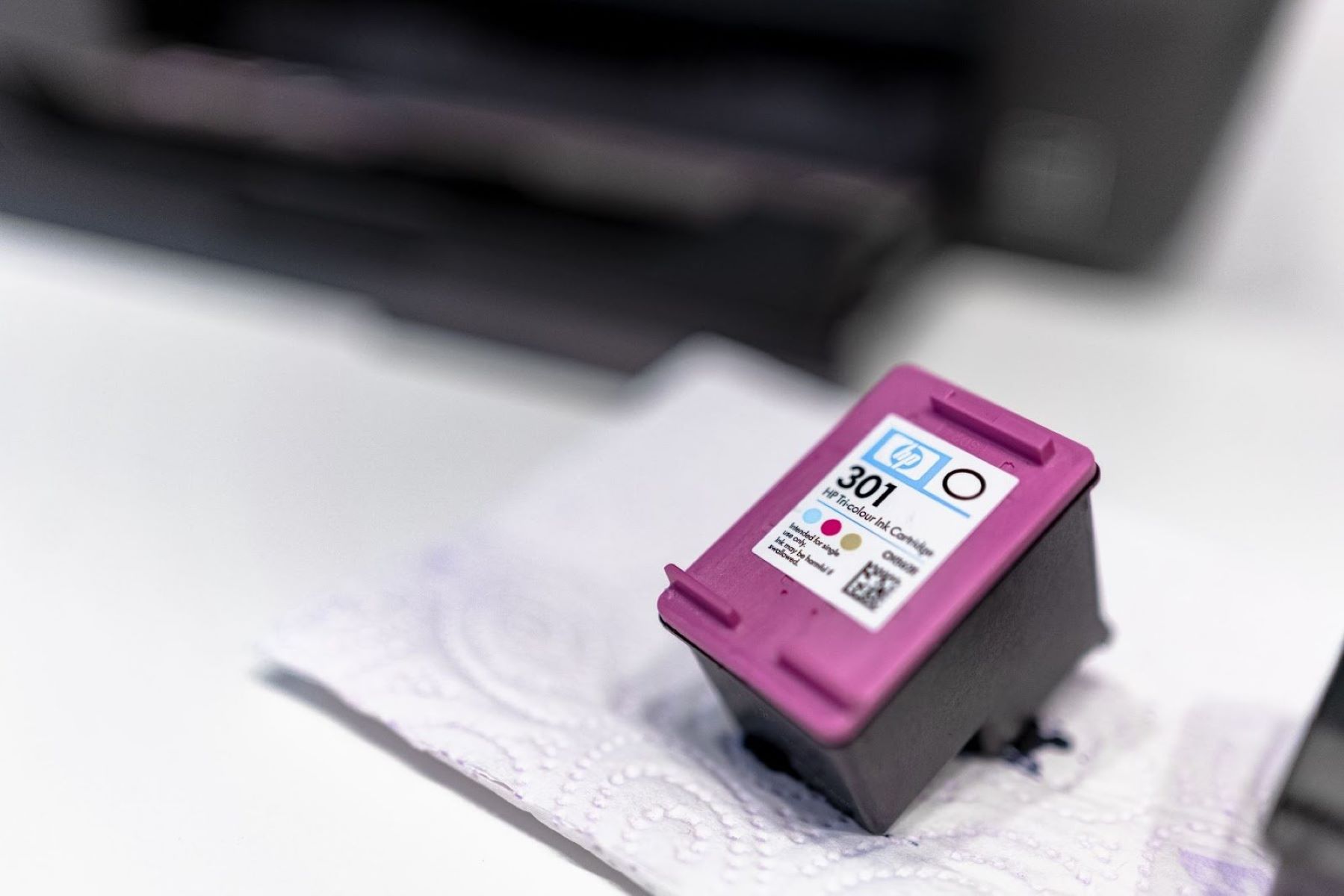



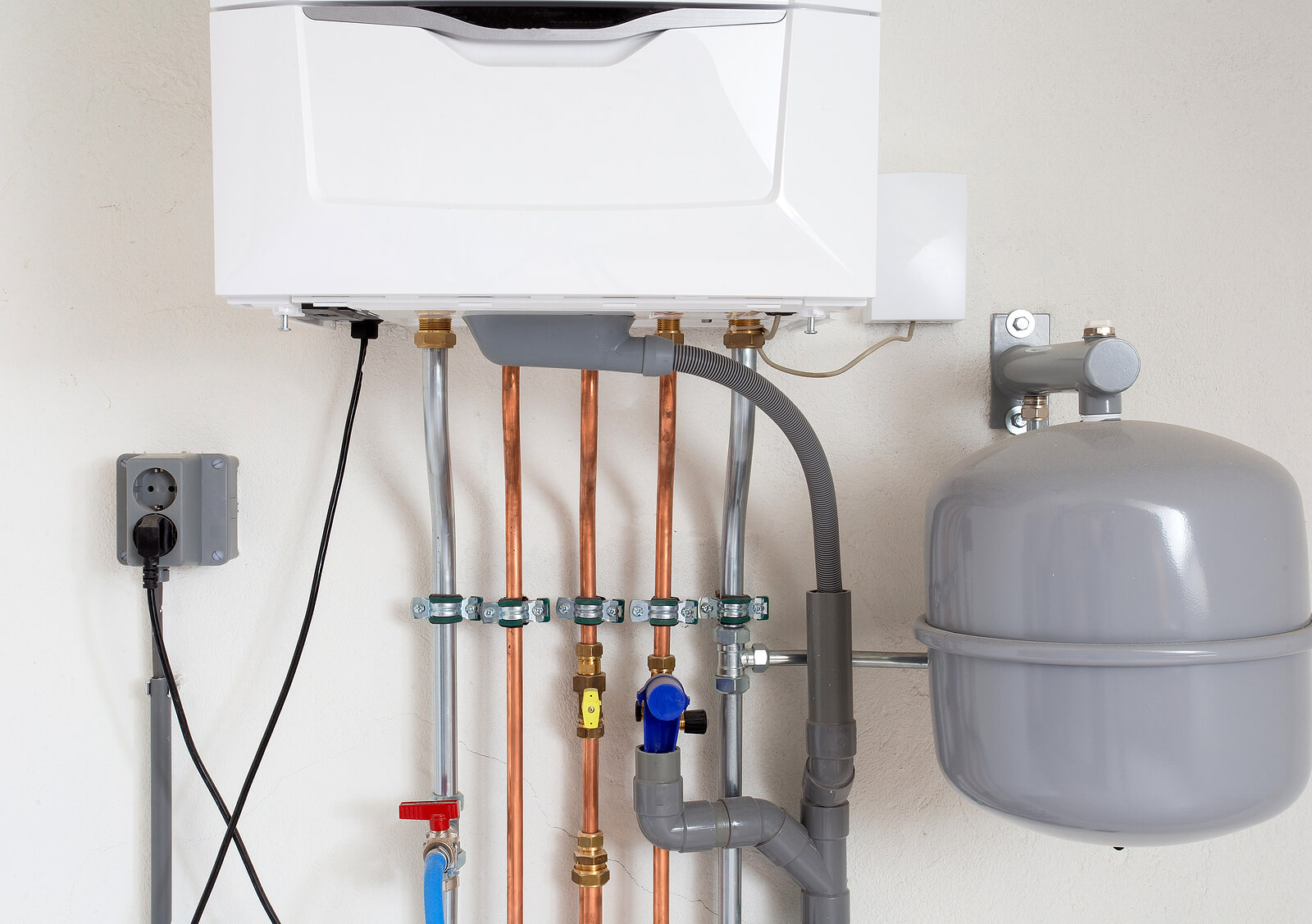
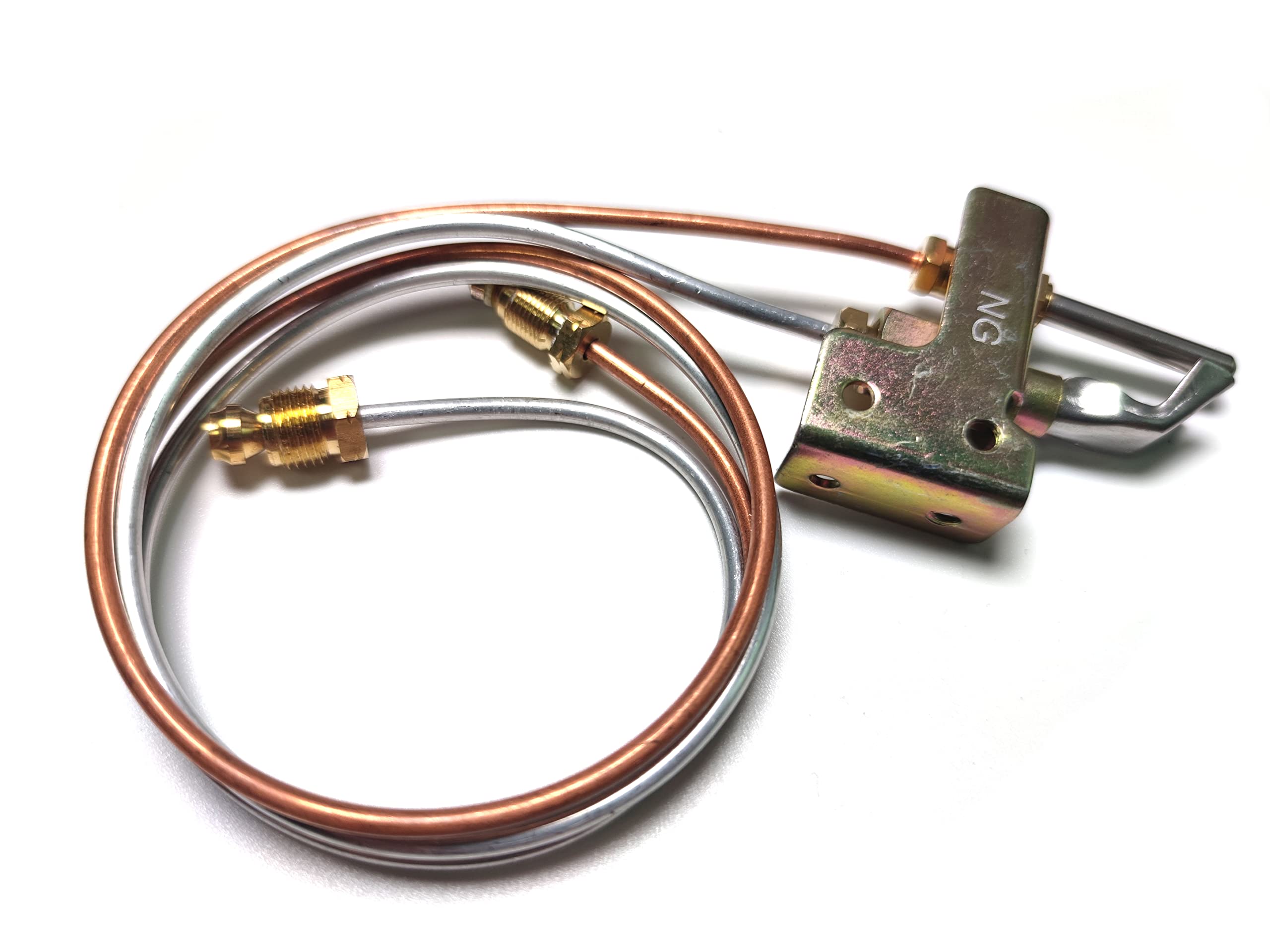

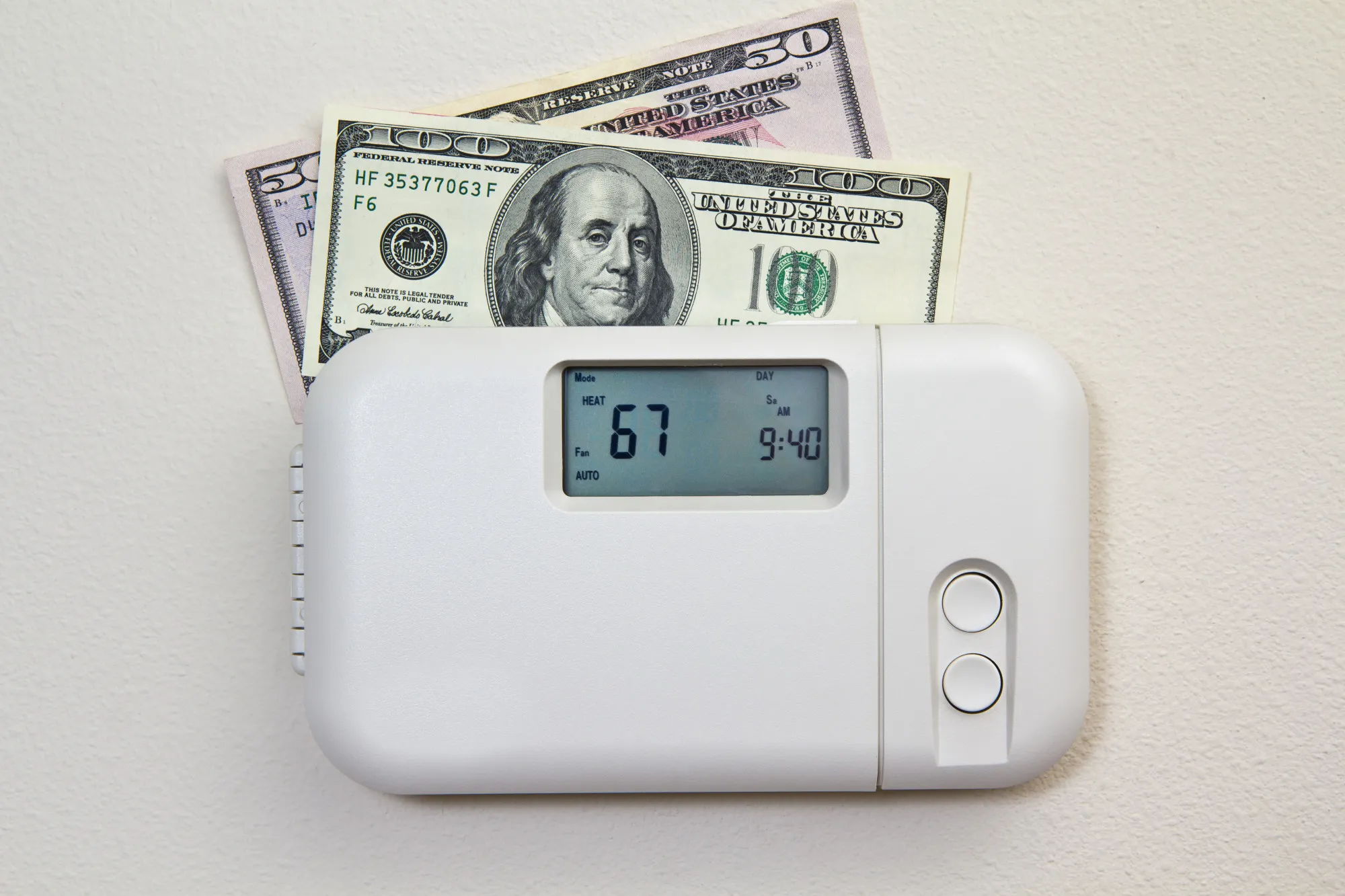

0 thoughts on “How To Pick A New Water Heater And Save Money On The Replacement”